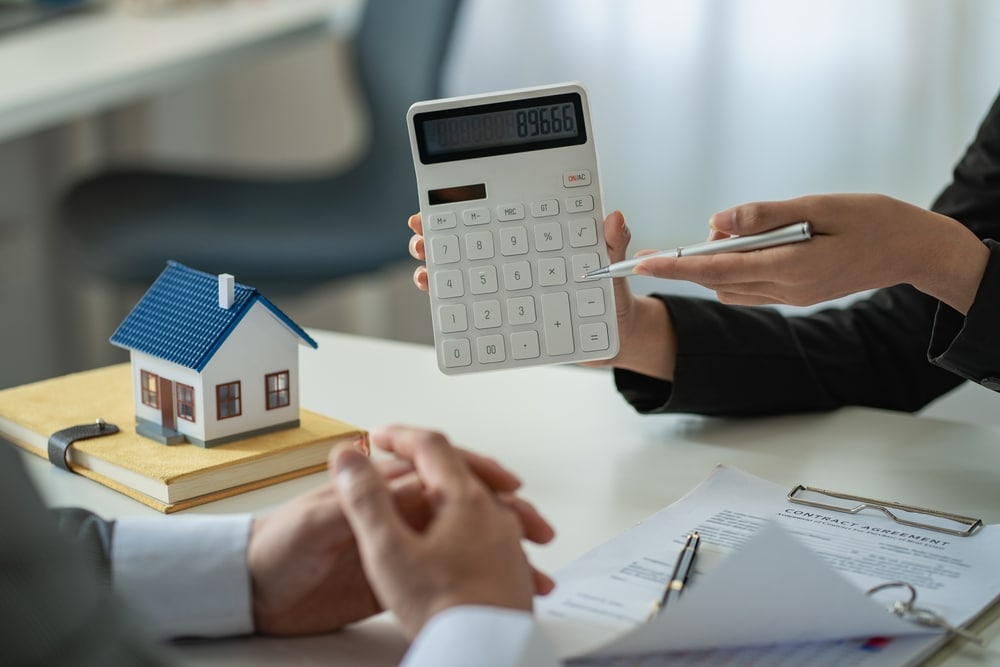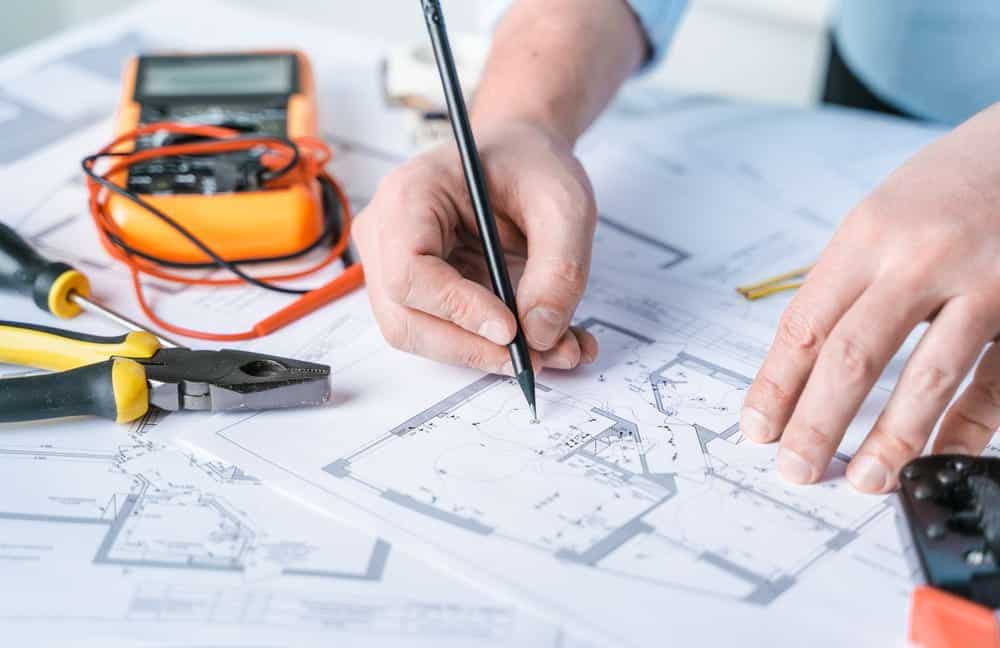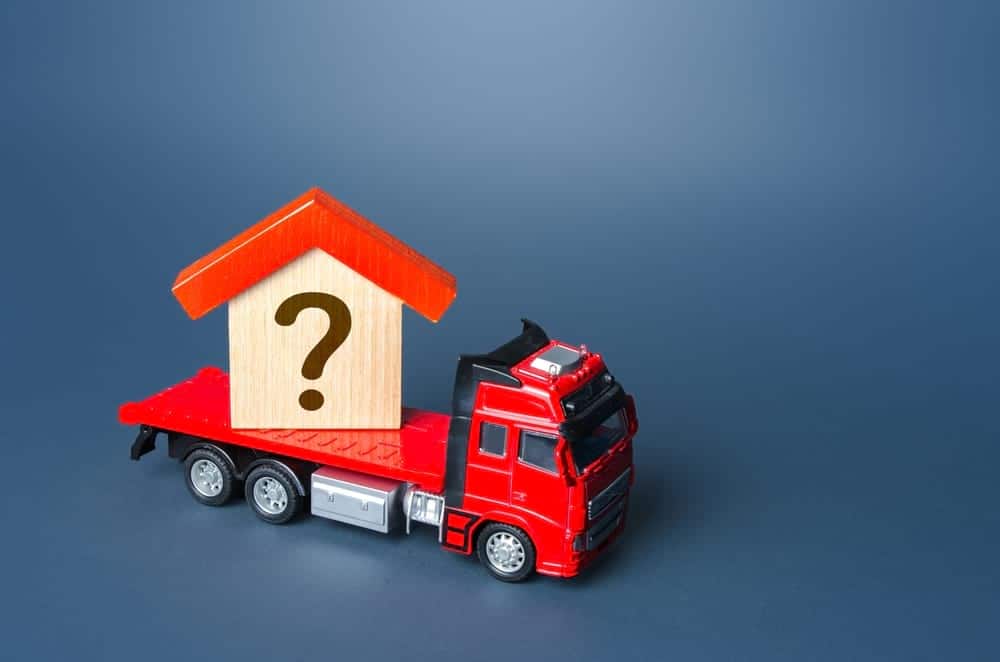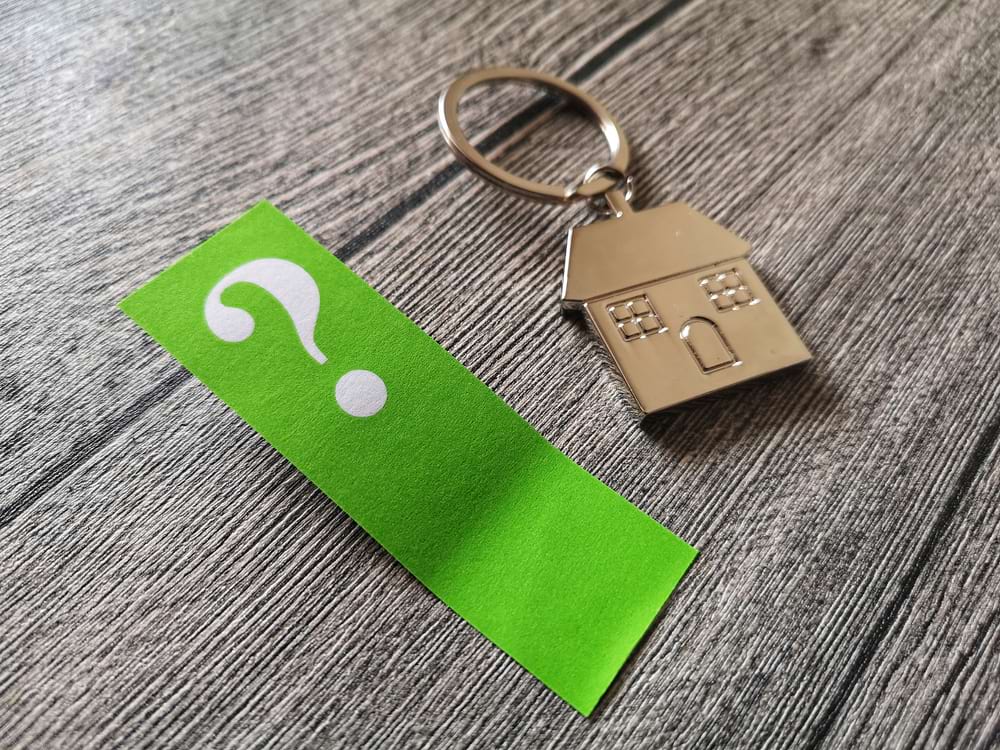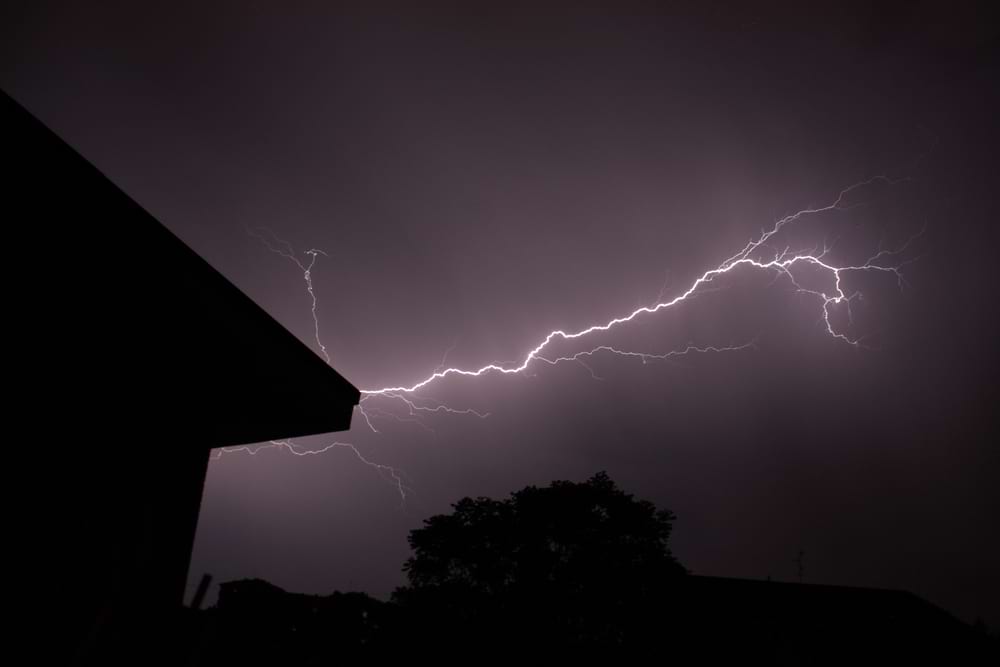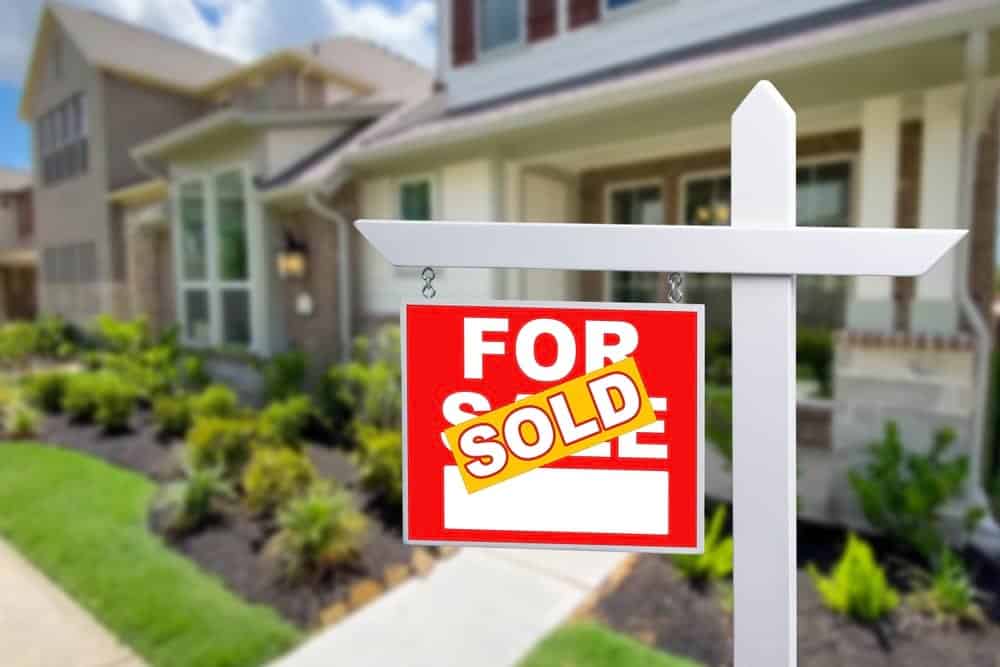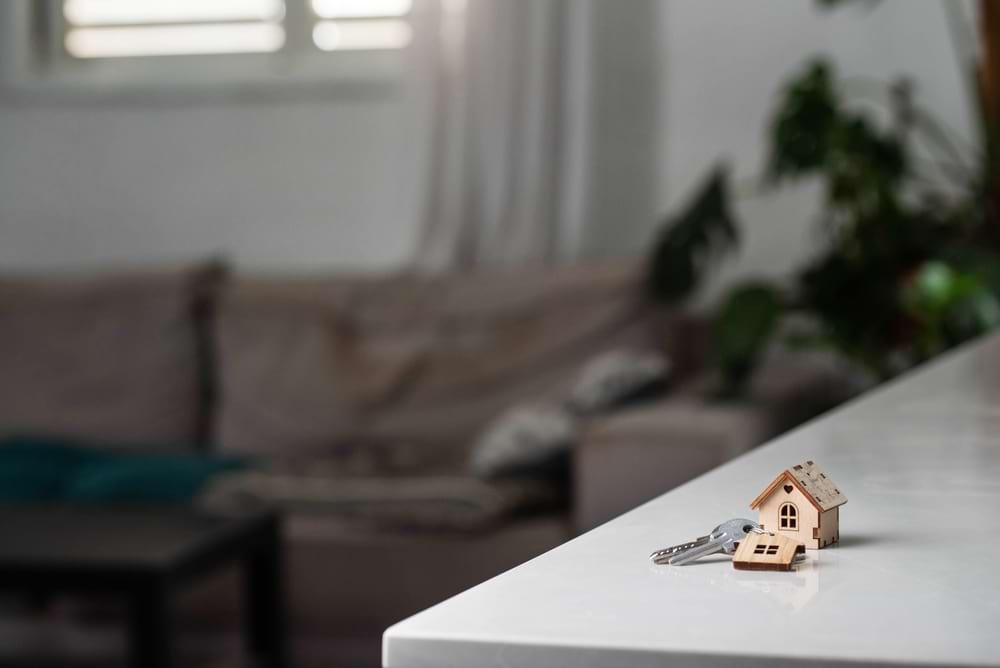Securing a mortgage is often the only way to step onto the housing ladder.
Unfortunately, there are some instances where a lender may refuse to give you one.
Read on to learn about the most common reasons for refusal and your potential solutions.
1. The house has ‘non-standard’ construction
Rest assured, you’re not alone in this.
The reason you are denied a mortgage has nothing to do with your personal finances.
Instead, it’s because of the property itself.
For example, if your house was built using ‘non-standard’ construction methods.
Examples of non-standard construction
- Log-style cabins
- Timber-framed houses
- Properties constructed out of concrete
- Metal framed houses.
In general, mortgage lenders consider these property types a ‘greater risk’.
They may have increased risk of health and safety hazards and need more maintenance. ANd when it comes to selling, fewer buyers are interested in them.
Some less traditional lenders offer mortgages on these types of properties. But each case is usually handled individually.
You should look around and see which banks will work with you.
(You can also get a mortgage for land.)
2. The property has a short lease
If you are looking to purchase a flat using a mortgage, the length of the lease will become relevant.
Most lenders don’t usually offer mortgages on properties with less than 80 years on the lease.
When you’re looking to remortgage somewhere with a short lease, you need to speak to the freeholder about extending the lease.
Once you can get it higher, you may then be able to get a mortgage.
Similarly, if you want to buy a house with a short lease, you will either need to find a way to pay for the entire property in cash.
Or you can speak to the current owner about whether they can extend the lease themselves.
If you opt for the second option, this will usually need to be reflected in the price you buy the house for (i.e., the seller will want their costs covered).
3. Japanese knotweed
Japanese knotweed is one of the most common ‘natural’ challenges homeowners face in the UK.
It is an invasive plant species that can seriously damages properties. It grows fast and can grow through:
- Concrete
- Asphalt
- Tarmac
- Paving
- Drains and walls.
There are several weeds similar to Japanese knotweed, too. So it’s important to have a professional clarify before removal starts.
4. The house is in a known high-flood-risk area
Being near a high flood risk area will damage your chances of getting a mortgage. And if you do manage to get one, it may be more expensive.
Flood damage can also decrease your property’s value, making it more challenging to sell. This in turn affects your lender.
Getting insurance that covers flood risk will help. As will a surveyor’s report outlining the levels of risk and mitigation measures.
5. Affordability
It is not only features relating to the property that may prevent you from getting a mortgage. Often, it will be because of your finances.
Banks usually lend you between 4 and 5 times your annual salary. If this figure (combined with your deposit) does not match the value of the house, you may be unable to afford it.
Other factors may influence what the bank decides you can afford.
For example, how long you have been in your current job. Or whether you are self-employed and can provide three years of accounts.
6. You do not have a strong history of making credit payments
Your credit history significantly affects your ability to get a mortgage.
In short, the lender wants you to have a strong track record of making payments.
They need to feel safe lending you money because they want to ensure you meet all your repayments.
Applying for a lot of credit from different places can also be a red flag. Especially if you’ve done this in the months leading up to your mortgage application.
Even if you have no credit history, a lender may feel nervous because they cannot verify whether you are a ‘safe bet’.
The way to navigate this particular hurdle is to improve your credit score.
Take time to prove that you can meet all your credit payments. And speaking to a mortgage advisor about what else you can do to improve your score is a significant first step.
7. The house is overvalued
Even if you have agreed on a property price with the seller, the bank will usually send someone to value the house.
They might decide he house is overpriced. They are then within their rights to pull the brakes and amend their mortgage offer.
If the surveyor recommends improvements, you may be able to show how you can increase the house’s value.
Alternatively, you may need to find a way to negotiate a new sale price with the owner. Or increase your deposit to compensate for the reduced mortgage offer.
What to do if I can’t get a mortgage on a house?
Improve your finances
Firstly, you may need to find a way to improve your personal finances.
You can either by increase your deposit size or improving your credit history.
This may put you in a better position to try again.
Use alternative lenders
As a second option, you may want to speak to some alternative lenders. These might offer you a deal in circumstances other banks would not.
You may even be able to borrow against your house. This means that you put a property you own up as collateral against the amount you borrow.
